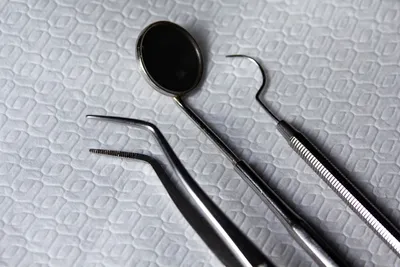
The Importance of Oral Health at Different Life Stages
Oral health is an essential aspect of overall well-being that should be taken seriously at every stage of life. Each age group has specific dental care needs that, if neglected, can lead to significant health issues. Here, we provide a comprehensive guide to maintaining oral health from infancy to senior years.
Infants and Toddlers
Even before the appearance of the first tooth, oral hygiene is crucial. Parents should clean their baby's gums with a soft, damp cloth to prevent bacterial build-up. Once teeth emerge, use an age-appropriate toothbrush and a tiny smear of fluoride toothpaste. Regular dental check-ups should start by the child’s first birthday to ensure proper growth and to spot early signs of dental issues.
Children and Adolescents
Children's teeth are prone to cavities, so it's vital to establish good dental habits early. Ensure they brush twice daily with fluoride toothpaste and floss regularly. Limit sugary snacks and drinks, and encourage a balanced diet. Dental sealants can be an excellent preventive measure for molars, and regular dental visits will help in early detection and intervention of potential issues.
Adults
Adults should maintain a robust dental routine to prevent cavities, gum disease, and other dental problems. This includes brushing at least twice a day, flossing daily, using mouthwash, and visiting the dentist regularly for cleanings and check-ups. Avoid tobacco products and limit alcohol consumption to reduce the risk of oral cancer. A well-balanced diet rich in vitamins and minerals also supports oral health.
Pregnant Women
Oral health is particularly critical during pregnancy. Hormonal changes can increase the risk of gum disease, which can affect not only the mother's health but also the baby's. Pregnant women should maintain regular dental visits, practice good oral hygiene, and inform their dentist about their pregnancy to receive appropriate care and advice.
Seniors
As people age, they become more susceptible to dental problems such as dry mouth, gum disease, tooth decay, and oral cancer. Seniors should maintain diligent oral hygiene practices and have regular dental check-ups. Dentures, if needed, should be cleaned daily, and any changes in oral health should be promptly addressed with a dental professional.
Preventative Measures for All Ages
No matter the age, certain preventative measures can significantly improve oral health:
- Regular Dental Visits: Schedule routine check-ups and cleanings with your dentist to catch potential issues early.
- Proper Brushing and Flossing: Ensure correct and consistent brushing and flossing techniques to remove plaque effectively.
- Healthy Diet: Consume a balanced diet rich in fruits, vegetables, lean proteins, and whole grains. Limit sugary snacks and beverages.
- Fluoride Use: Utilize fluoride toothpaste and consider professional fluoride treatments to strengthen tooth enamel.
- Avoid Harmful Habits: Avoid smoking, limit alcohol intake, and never use teeth as tools to open packages or bottles.
Conclusion
Oral health care is vital at every stage of life. By understanding and implementing age-specific dental practices, you can ensure a lifetime of healthy, radiant smiles. Make dental health a priority not just for cosmetic reasons but for your overall wellness.
Popular Oral Health Articles
Explore the articles our readers find most helpful, ranging from basic dental care tips to advanced oral health topics.




Related Posts
View All
The Future of Dentures: Innovations and Trends to Watch

How to Prevent and Treat Gum Disease
